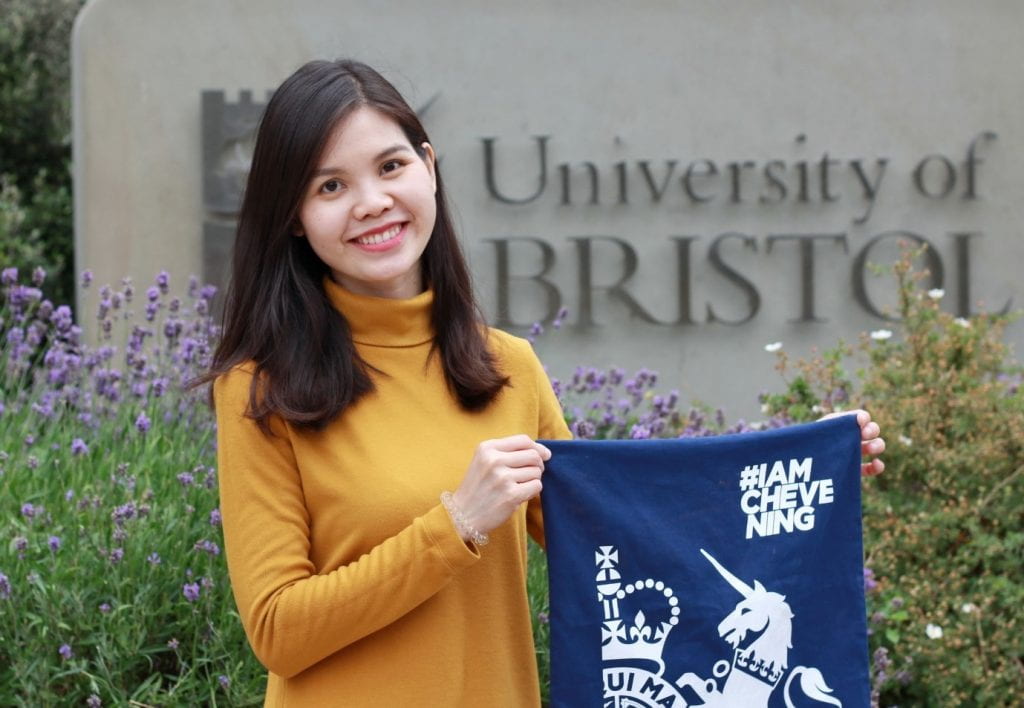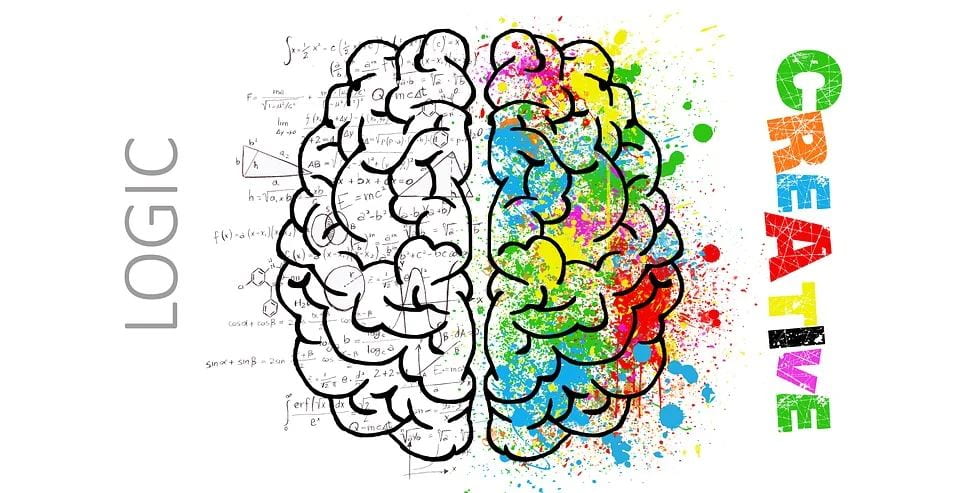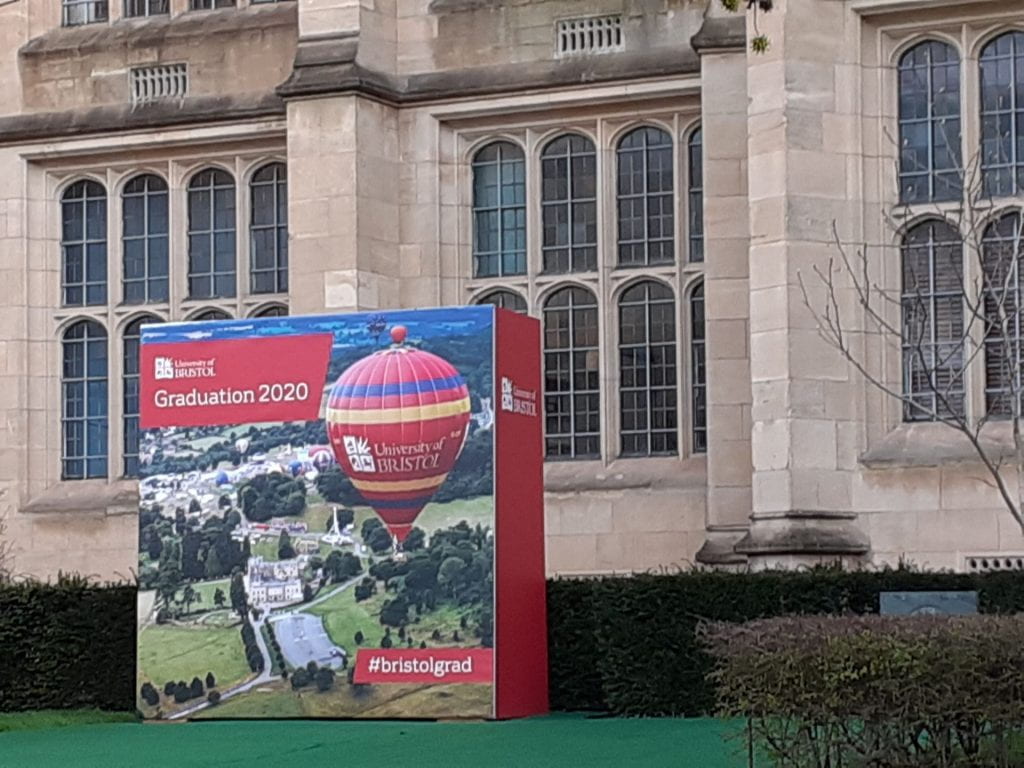Welcome Week 2020 special blog post by student Nguyen Hong Nhu, Chevening scholar School of Education, University of Bristol
Chevening Chinwag* is a series of informal pleasant conversations with our Vietnamese Chevening scholars, who are currently experiencing their exciting, challenging, and life-changing Chevening journeys.
[*] Chinwag (n.) /ˈtʃɪn.wæɡ/: a long and pleasant conversation between friends.
In this edition, let’s follow Nguyen Hong Nhu, our outstanding Chevening scholar, studying Education, at the University of Bristol to listen to her amazing stories about her contemporary course that enables her to develop ideas for an Augmented Reality app; the diversity and inclusion of her University; how she quickly adapted to the ‘new normal’ with her dissertation; her special “Pub Friends”; and her advice to interested Chevening applicants. (more…)






 Blog post by Claire Lee and Lucy Wenham, School of Education, University of Bristol
Blog post by Claire Lee and Lucy Wenham, School of Education, University of Bristol